Jessica Groome
Soft Glove
September 13–December 2, 2017
Opening: Thursday, October 12th 6–9pm
ESP is pleased to present the third solo exhibition by Berlin based artist Jessica Groome
~
She is describing gloves. Latex versus vinyl, polyethylene versus nitrile. She tells me about their specific qualities. Like grit or fit, elasticity or durability. Some are powdered; others are not. A glove’s ability to touch and to rub, to sense and to shield, hinges on a combination of these characteristics. Like the hand it holds, a glove is an organized whole, more than the sum of its parts.
I remember some of the gloves I have worn. Tawny deerskin, beloved. Brown suede from a Russian market and lined with dog-fur, an unfortunate purchase. Scratchy woollen mitts, quickly abandoned. One-buck poly-blends, designed to be lost. Dish washing vinyl, ill fitting. Impossibly small vintage white cotton, stained after single use.
My mind feels insulated when we talk, cushioned by friendship and radical affinities. Thoughts slip softly into sensation and speculation, simile and free association. I tell her about a word I recently learned, extimacy: the external internal, an intimate exterior. I express how gloves are neither inside nor outside but engage in both. Like breath. A deeply familiar found object. Jeanne Randolph proposes that art also exists in this ambiguous space between exterior objective reality and interior subjective experience. She portrays art objects as soft and floppy, open and amenable to subjective interventions. Similar to a child’s first chosen toy — the object that assists in their transition to understanding themselves as both a part of and apart from the world. Within this space of perceptual plasticity, the viewer’s experience of art becomes the best kind of adventure, playfully undetermined.
I wander from the fat fingery flexible shapes of her paintings: like molars, fig leaves, the edges of butterfly wings to reflecting upon the affection present in rubbing soft pastel onto painted rag paper. Then, from her need for protection against this coloured surface to thoughts of infection. How, despite the difference in inflection, both affection and infection represent a causal relationship wherein entities become transformed through an encounter with a being other than themselves. The intimate exterior, an external internal. The soft chalk is susceptible to the paper; the paper is stained by the chalk. Both gain meaning through touch and malleability. The glove takes on the shape of the hand; the hand assumes the properties of the glove.
Text by Ella Dawn McGeough
~
More from Jessica Groome











